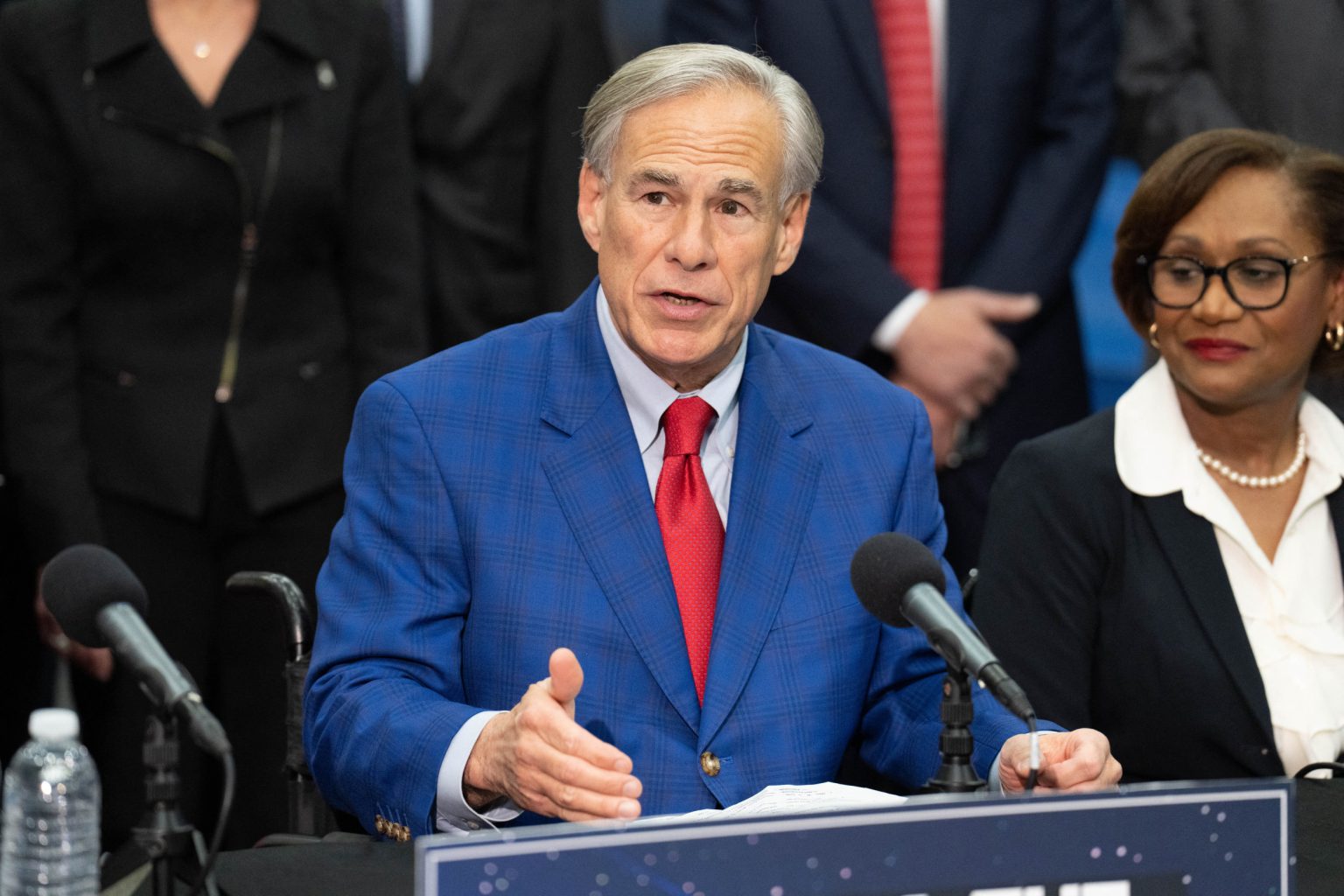Texas Governor Greg Abbott issued a warning to pro-Palestinian protesters at the University of Texas at Austin in response to ongoing protests related to the Israel-Hamas war. The conflict escalated on October 7, 2023, when Hamas launched its deadliest attack on Israel, resulting in heavy airstrikes on Gaza by Israel. The death toll on both sides has been significant, with thousands of casualties reported. Protests have been calling for a ceasefire and divestment from businesses affiliated with Israel at various universities, including UT Austin.
Protesters at UT Austin set up an encampment on campus to protest the ongoing war and demand that the college divest from Israel-affiliated businesses. This action led to clashes with law enforcement as protesters refused to comply with directives to remove tents from the university’s South Lawn. Several protesters were arrested following the dismantling of the encampment, with law enforcement citing violations of Texas’ Penal Code. The University of Texas stated that it supports free speech and assembly rights while enforcing its Institutional Rules.
At least 20 protesters were reported to have been arrested during Monday’s protest at UT Austin, with footage shared on social media showing the arrests taking place. The UT Austin Police Department issued a dispersal order, warning protesters that they would be arrested if they did not leave the area. This comes after a previous protest on the campus where 57 people, including a journalist, were arrested for criminal trespassing, although charges were later dropped. Governor Abbott has faced criticism for his handling of the protests, particularly for involving the Texas Department of Public Safety in responding to the demonstrations.
The protests at UT Austin are part of a larger trend of student-led demonstrations calling for an end to the Israel-Hamas conflict and divestment from Israel-affiliated businesses. Similar protests have taken place at other universities across the United States, including at Columbia University in New York City. The escalating violence in the Middle East has prompted increased activism and calls for peace from various groups and individuals. The protests highlight the complex and sensitive nature of the Israel-Palestine conflict and the challenges of addressing such issues on college campuses.
Governor Abbott’s warning to protesters at UT Austin reflects a broader political and social divide over the Israel-Palestine conflict in the United States. While some support the protesters’ efforts to raise awareness and push for divestment, others criticize the tactics used and the disruptions caused by the protests. The involvement of law enforcement and the subsequent arrests have raised questions about the balance between upholding free speech rights and maintaining public order. The ongoing tensions surrounding the conflict and the responses to protests underscore the complexities of engaging with such contentious and deeply polarizing issues.
As the situation at UT Austin remains fluid, with ongoing protests and potential legal repercussions for protesters, the broader implications of the demonstrations on college campuses and the Israel-Palestine conflict continue to be debated. The role of government officials, law enforcement, and university administrations in addressing and responding to demonstrations will be closely watched as the protests persist. The protests at UT Austin serve as a microcosm of larger debates and challenges surrounding activism, free speech, and political engagement in the context of complex and volatile global conflicts.


